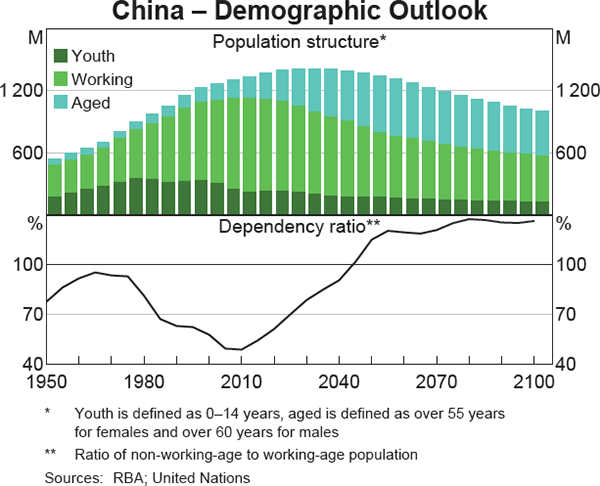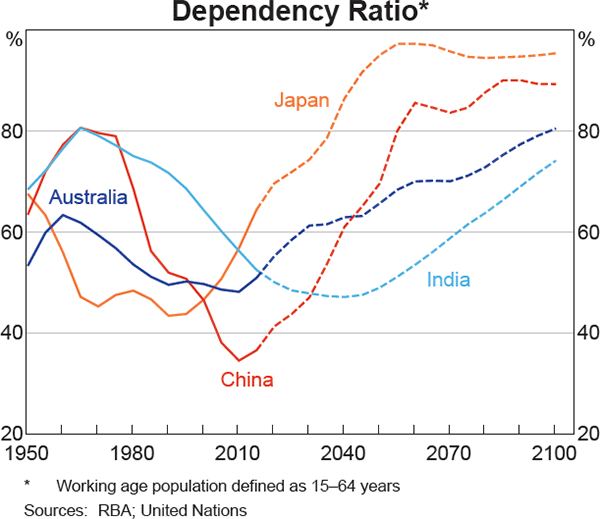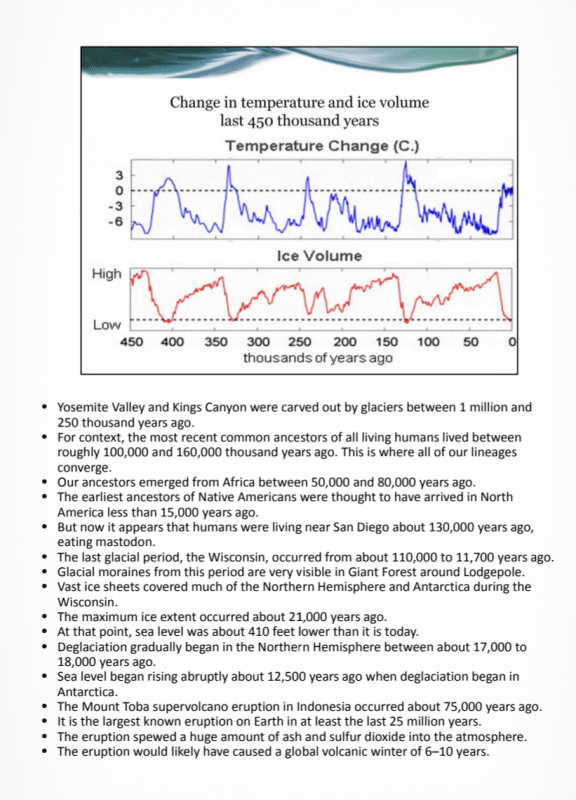dik said:
Yup, over millennia and not with the current infrastructure and cities/villages and population densities involved.
What does that matter? There were certainly people and civilizations living in those areas, right?
The point is that they adjusted fine. They moved because the seas rose. They adapted.
I would make the argument that it is much, much easier for our societies to adapt today. Once I decide to leave, I can pack my stuff into a truck and drive to the mountains or a neighboring state.... and I'm there in a few days, max. Easy peasy....
dik said:
Yet, we are safer from coastal flooding (and other weather related events) as a society than we have ever been in recorded history. Right? The numbers show that very obviously.
Now, if you're making the argument that it will be extremely expensive to deal with these floods and changes and such, then that is a great point! That's EXACTLY what we should be talking about..... how to spend our limited financial resources best to deal with global warming / climate change. Right?
This has always been my point. That there are better ways to spend our money to deal with this than what the climate alarmists want us to do. Essentially, our goal should never be net Zero carbon emissions. But, to be more EFFICIENT with our climate emissions in a way that will not bankrupt our society. How to deal with events as they come up in a way that will be sustainable going forward.
Policy changes that basically suggest that living at low elevations (say within 20 feet of sea level) should make you ineligible for FEMA relief should a flood occur. That sort of thing will encourage people to build elsewhere. The ones that don't care are likely rich enough that it won't matter to them.
It might mean that some thriving communities (say New Orleans) will be abandoned over a period of just a few decades. But, that's okay. That's how we adjust to global warming. It will amount to something that just doesn't affect our everyday lives for the most part. Just like the following predicted catastrophes:
1) The Population Bomb, which predicted worldwide famine in the 1970's. When, in fact, the rates of starvation in the world dramatically declined.
2) The impending ice age that was talked about in the 1970's.
3) The Ozone hole.
4) The prediction that Y2K would result in major disruptions in all aspects of our life.
5) Various predictions based on Mayan Calendars. Various predictions from religious sects about when the 2nd coming or the apocalypse would occur.
6) Another big one was the idea that we would all die due to nuclear proliferation. I remember an hour assembly where an activist addressed my entire high school with typical fear mongering tactics. This would have been circa 1988.
The point is that people have made these sorts of predictions for decades (probably centuries) and they have not proven to be very accurate at all. Why should we believe the dire predictions this time around?

![[bigears] [bigears] [bigears]](/data/assets/smilies/bigears.gif)


